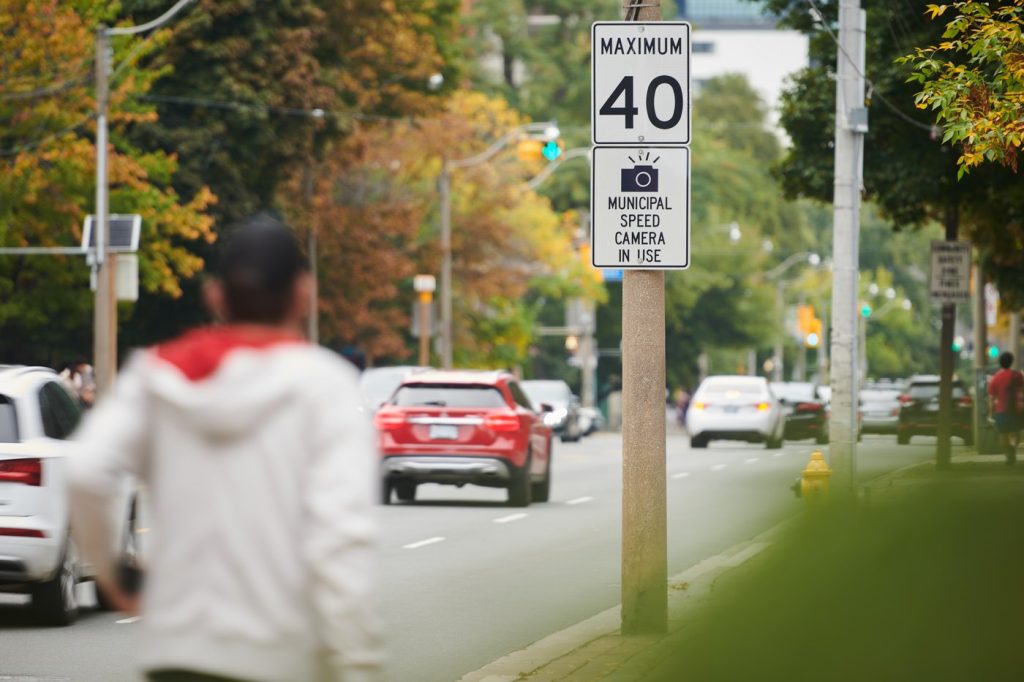Ontario Premier Doug Ford announced on Thursday that the province will introduce legislation next month aimed at banning the use of speed cameras. This decision is framed as a measure to improve affordability for residents. Ford has criticized speed cameras in recent weeks, labeling them as a "cash grab" that primarily serves to generate revenue for municipalities rather than effectively reducing speeding on roads.
According to Ford, the government should prioritize putting more money back into the pockets of citizens to enhance their financial well-being. He argued that instead of contributing to people's affordability, municipalities have increasingly relied on speed cameras as a means of revenue generation. "Governments need to be putting more money back into people's pockets to help make their lives more affordable," Ford stated during his announcement in Vaughan, Ontario. He continued by highlighting the trend of rising taxes and the burden it poses on residents.
This announcement comes on the heels of a recent incident in Toronto, where 17 automated speed cameras were dismantled over two days. Toronto's Mayor, Olivia Chow, criticized Ford’s proposed ban, arguing that it sends the wrong message by suggesting that the provincial government condones speeding. She expressed concerns that this ban could lead to less safe roads for the public.
In response to the issues of speeding, Ford suggested alternative measures to mitigate the problem instead of using speed cameras. He proposed large signs with flashing lights for municipalities that currently utilize cameras, particularly in school zones, as a more effective deterrent. "Why do we have to charge people? Why don't we actually slow them down rather than let them speed through a speed camera?" Ford questioned.
However, recent studies and municipal data contradict Ford's claims regarding the effectiveness of speed cameras. Research from Toronto’s Hospital for Sick Children and Toronto Metropolitan University indicates that the cameras have led to a significant reduction in speeding, with a reported decrease of 45 percent in Toronto. Additionally, a staff report from Brampton revealed that the city experienced an average speed reduction of over nine kilometers per hour at locations with speed cameras. Mississauga reported similar findings, with some areas in Brampton seeing reductions exceeding 20 kilometers per hour.
Ford remains skeptical of the effectiveness of speed cameras, citing the large number of tickets issued as proof of their failure. He highlighted that a single camera in Toronto issued 65,000 tickets, questioning how this could occur if the cameras were genuinely effective. "Speed cameras don't slow people down, or they'd have zero tickets if they slowed them down," Ford remarked, asserting that the issuance of hundreds of thousands of tickets is indicative of the system's ineffectiveness.
In addition to implementing the proposed ban on speed cameras, the Ontario government will encourage municipalities to explore alternative traffic calming measures such as speed bumps, raised crosswalks, and roundabouts to improve road safety.
This development in Ontario's traffic enforcement strategy reflects a significant shift in policy and its prioritization of affordability over previously established road safety measures, raising questions about the implications for public safety on the province’s roads.











